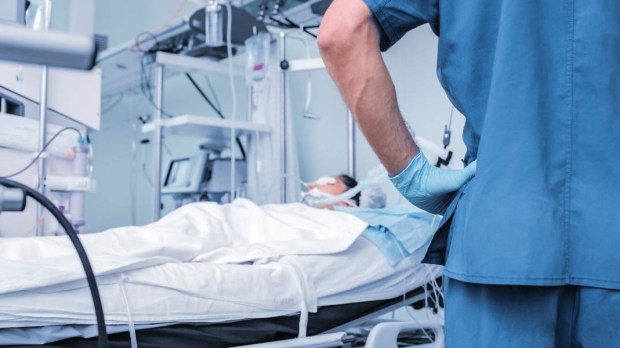The Supreme Court of the United Kingdom has ruled that legal permission will no longer be required to end care for patients in a long-term permanent vegetative state.
That means it will be easier to withdraw food and liquid to allow such patients to die in the UK, the BBC reported.
When families and doctors are in agreement, medical staff will be able to remove feeding tubes without applying to the Court of Protection, the news service said.
The Supreme Court’s Lady Black ruled there was no violation under the Human Rights Convention.
But Care Not Killing, an umbrella group of human rights and disability rights organizations, health care and palliative care groups, and faith-based organizations, charged that the Supreme Court has removed an important safeguard from brain-damaged patients.
“The ruling will affect up to 24,000 patients with permanent vegetative state (PVS) and minimally conscious state (MCS), meaning they can now be effectively starved and dehydrated to death if the medical staff and relatives agree that this is in their ‘best interests,'” Care Not Killing said in a statement. “People with PVS (awake but not aware) and MCS (awake but only intermittently or partially aware) can breathe without ventilators, but need to have food and fluids by tube (clinically assisted nutrition and hydration or CANH). These patients are not imminently dying and with good care can live for many years. Some may even regain awareness. But if CANH is withdrawn, then they will die from dehydration and starvation within two or three weeks.”
Dr. Peter Saunders, Campaign Director of Care Not Killing, argued that the Court of Protection did not prevent clinically assisted nutrition and hydration or CANH being removed. “Indeed, under the old rules, introduced after the Tony Bland case in 1993, there have been over 100 such cases, but it did ensure independent scrutiny of any application,” Saunders said in a statement. “It did this because it recognized the emotional and financial pressure that families and clinicians can fall under.”

